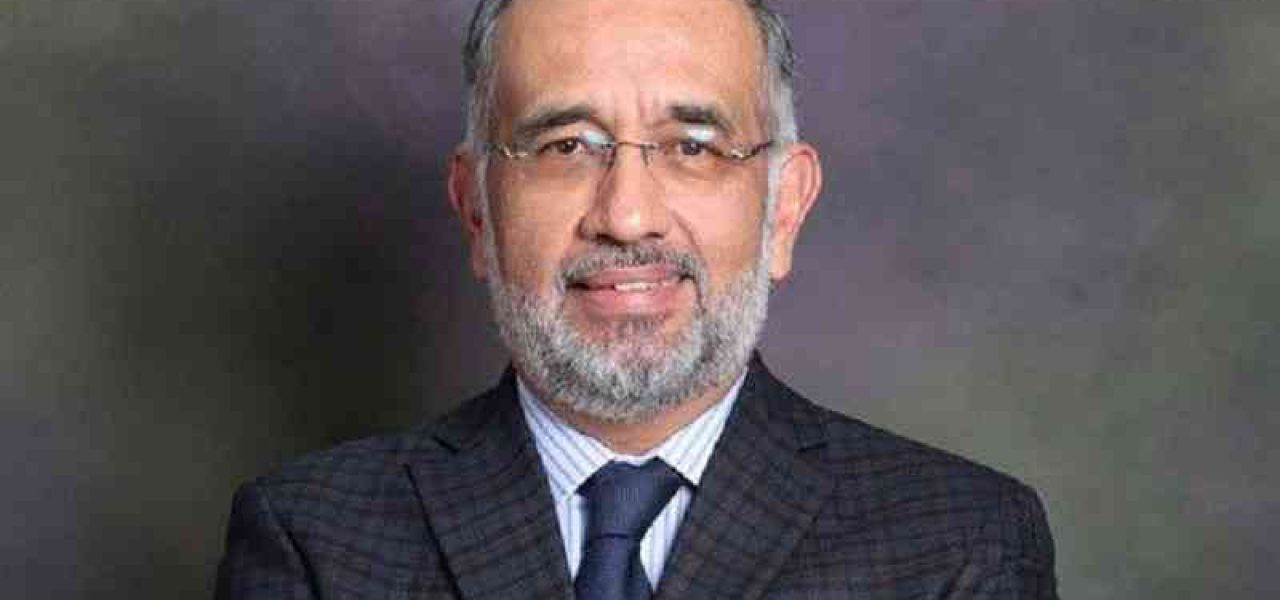● Technical stoppages have become an increasingly frequent measure for formal companies.
● Though a legal and a temporary measure, they are a reflection of the pressure that companies are under in face of a more rigid regulatory framework and by the labor reforms that do not always take into account the economic reality of micro and small businesses.
● The tightening of work conditions and the increase to the cost of labor could lead to an increase in informality and the loss of formal employment.
Óscar de la Vega, founding partner of the De la Vega y Martínez Rojas Law Firm, warned that Mexico is going through a period of technical stoppages in different industries, mainly in the automotive and auto parts sector, as a consequence of economic uncertainty, a decrease in exports and tension over the review of the USMCA, together with the increase in payroll costs caused by the labor reforms, such as the increase in the number of vacation days and the increase to the minimum wage.
De la Vega explained that technical stoppages have become an increasingly frequent measure among formal companies, with the temporary suspension of certain operations or shifts in face of the lack of clarity of the economic outlook, caused by economic uncertainty and the renegotiation of the USMCA.
“As we don’t know what is going to happen, a suspension of the effects of labor relationships is triggered, generally with a negotiation of certain aspects, a payment of 50% of the wages. Workers are not at work, but the employment relationship is maintained, in order to see what happens in a few months”, the specialist pointed out.
The lawyer stated that this measure, although legal and temporary, is a reflection of the pressure that companies are under in face of a more rigid regulatory framework and labor reforms that, while seeking better work conditions for the workers, do not always take into account the economic reality of micro and small businesses, the main generators of employment in the country.
A series of calls to strike and strikes could take place next year given that the precarious economic situation companies find themselves in is not a good one, on the one hand; and on the other, the democratically elected unions will seek to obtain salary increases, better benefits and improved work conditions through calls to strike.
Likewise, he warned that the tightening of work conditions and the increase to the cost of labor could lead to the loss of formal employment. According to data provided by the INEGI [National Institute of Statistics and Geography], over 50 % of the Economically Active Population (EAP) works in the informal sector, as they seek to avoid tax burdens such as Social Security, the Infonavit [National Workers’ Housing Fund Institute], and the Tax Administration Service (SAT), among others. In this sense, he criticized the lack of support to Micro and SMEs, which will be the ones most affected by economic uncertainty and the increase of payroll costs.
In many counties, Spain, for example, companies with less than 50 workers, etcetera, receive support and they are differentiated from large companies. “They are very solid, and they even already have benefits such as the 40-hour week”, De la Vega said.
In order to revert the increase in technical stoppages and informality, Micro and SMEs should be motivated through tax incentives and credits that allow them to mitigate the impact of the economic and labor changes that both our country and the world are experiencing. A greater flexibility in the application of the labor reforms should be exercised because, as emphasized in an analysis conducted by the World Bank, the greater the flexibility in labor laws, the greater the number of people in formal employment.
“I believe in the need for strengthening micro and small businesses, which constitute a national enterprise, through credits, and even with a different legal framework from that of large companies”, the labor lawyer concluded.



